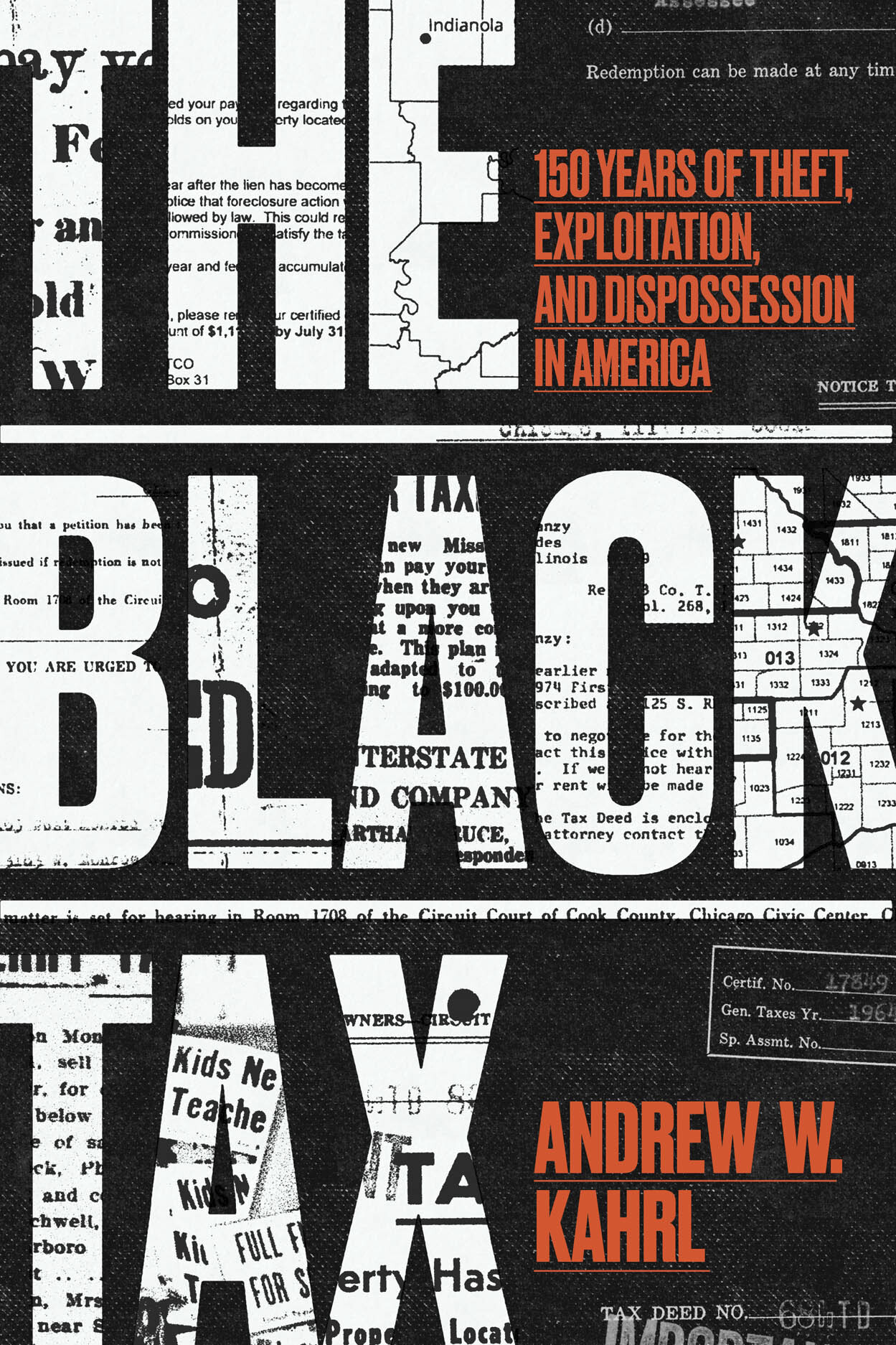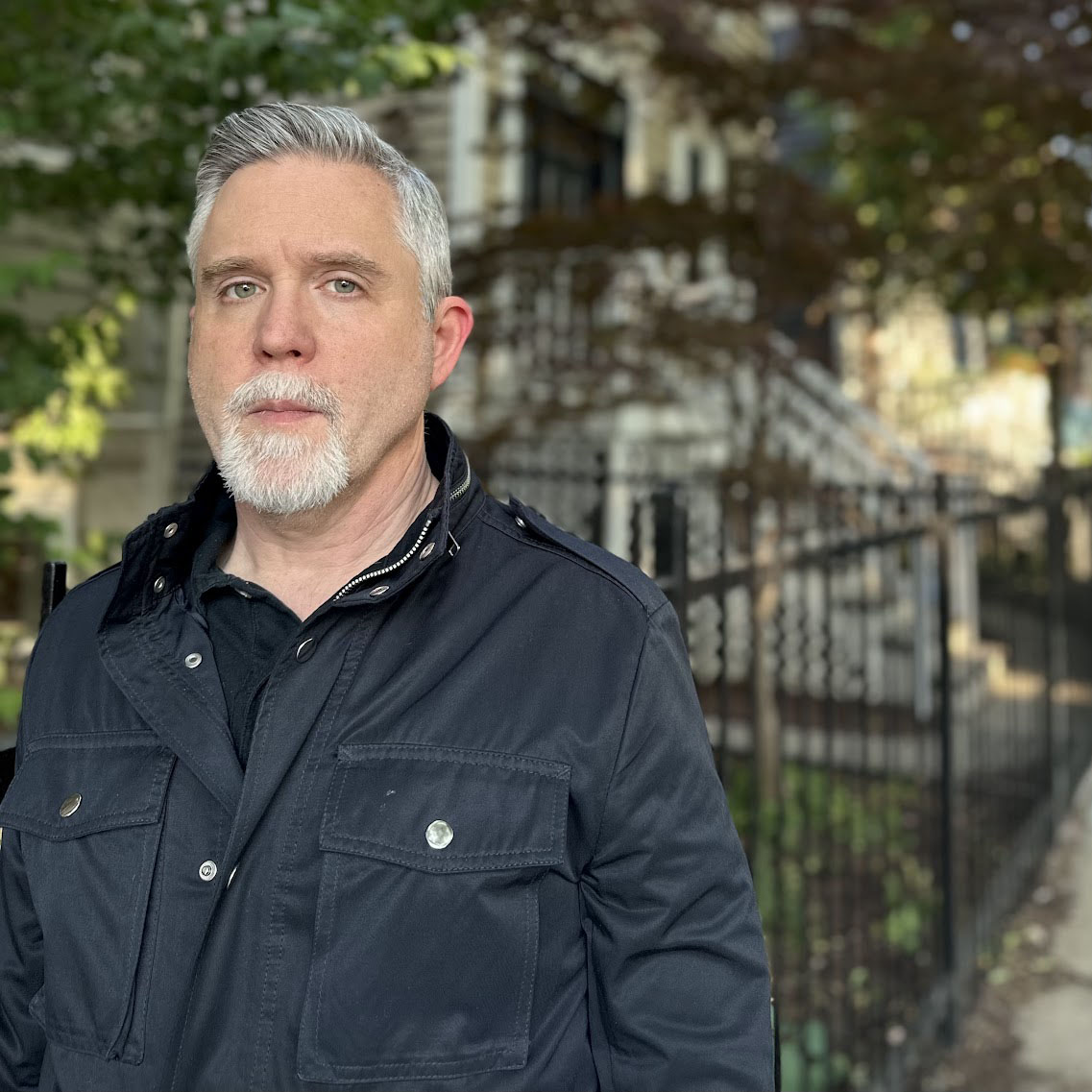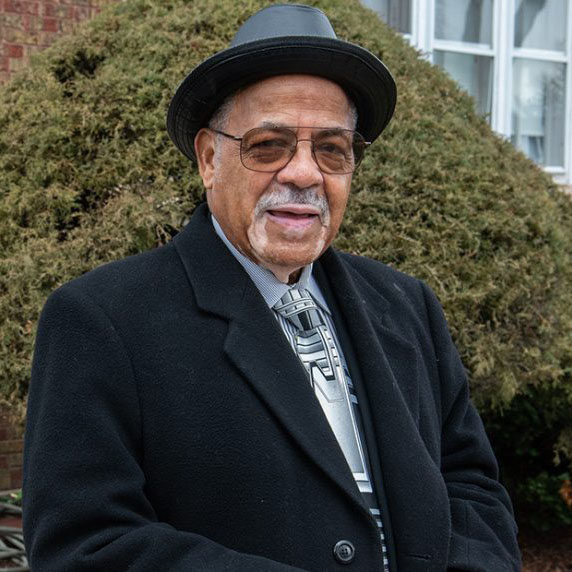 The Cook County Assessor’s Office has been working to transform a property tax system that many would contend has been unfair for decades. For years, assessor offices overvalued homes in Black and Brown communities while underassessing properties in White concentrated suburbs. This has not only been a Cook County problem but a national issue in many big cities. The underlying causes have their roots in structural racism and the inability of assessors to access quality data.
The Cook County Assessor’s Office has been working to transform a property tax system that many would contend has been unfair for decades. For years, assessor offices overvalued homes in Black and Brown communities while underassessing properties in White concentrated suburbs. This has not only been a Cook County problem but a national issue in many big cities. The underlying causes have their roots in structural racism and the inability of assessors to access quality data.
Cook County Assessor Fritz Kaegi will be in conversation with scholars and practitioners to unpack these issues and discuss solutions. Professor Andrew Kahrl from the University of Virginia has released a new book called, The Black Tax: 150 Years of Theft, Exploitation, and Dispossession in America that traces inequitable assessments and land takings from Blacks to as far back as the Civil War and follows its legacy to predatory practices that impact communities today.
Professor Chris Berry from the University of Chicago has done recent work looking specifically at Cook County’s property tax system and has a new study on the progress that the Cook County Assessor’s Office is making in correcting assessment bias.
Frank Williams is a legendary realtor who was integral in integrating the Beverly neighborhood in Chicago and lived through the struggle for fair housing.
Tracey Scott, CEO of the Chicago Housing Authority, the nation's third largest public housing authority will bring her perspective as a leading voice in the affordable housing sector.
Journalist and author, Arionne Nettles will lead this group in conversation in what is sure to be a deeply engaging discussion.
MODERATOR
Arionne Nettles
Arionne Nettles is a lecturer and director of audio journalism programming at Northwestern University's Medill School of Journalism, Media,

Integrated Marketing Communications.
As a culture reporter in print and audio, her stories often look into Chicago history, culture, gun violence, policing and race & class disparities as a contributor to the New York Times Opinion, Chicago Reader, The Trace, Medium’s ZORA and Momentum, Chicago PBS station WTTW and NPR affiliate WBEZ. She is also host of Is That True? A Kids Podcast About Facts.
Nettles was recently deputy editor at nonprofit civic media organization City Bureau and worked as a digital producer at WBEZ where she ran the daily digital desk. She helped develop a new collaboration with NPR’s digital team and was the host of WBEZ’s first video interview series.
Prior to joining the WBEZ team, Nettles was a multiplatform editor at The Associated Press where she edited stories for AP’s 14-state central region, breaking news online and on social platforms. She also worked as digital managing editor of the Chicago Defender, one of the nation’s oldest black newspapers, and as a freelance reporter before pivoting to full-time journalism.
Nettles started her professional career in business and marketing. She spent several years working in digital marketing strategy as a consultant and led the social media team at one of Chicago’s fastest-growing companies.
Nettles obtained bachelor and master of business administration degrees from Florida A&M University and a master of science in journalism degree from Medill, where she received the Harrington Award for magazine writing and editing.
Nettles is a proud member of the National Association of Black Journalists and works to teach Chicago-area teens the power of words through her organization, Write Chicago, and its “sicker than your average” writing workshops.
PANELISTS.jpg)
Assessor Fritz Kaegi
Prior to beginning his career in Cook County government, Fritz spent more than 20 years valuing assets as a mutual fund portfolio manager and analyst. In his 13 years at Columbia Wanger Asset Management, Fritz served as a financial steward, helping average families save for retirement and focusing on small companies operating around the world. He holds the Chartered Financial Analyst and Certified Illinois Assessment Officer designations. He is also a member of the IAAO, the International Association of Assessing Officers.
Since assuming office in 2018, Fritz has brought fairness, ethics and transparency to the Cook County Assessor’s Office with a vision focused on operational changes, technological upgrades, and the elimination of favoritism. These changes have increased predictability in the assessment system and spurred investment in Chicago and Cook County.
Fritz was born and raised in the Hyde Park neighborhood in Chicago and still maintains close ties to the community. He attended Hyde Park’s Kenwood Academy for high school, completed his undergraduate studies at Haverford College, and received his MBA from Stanford University.
In 2020 Fritz received the A. Philip Randolph Change Agent Award from the National A. Philip Randolph Pullman Porter Museum and in 2021 the Adlai Stevenson Award for Public Service from the Chicago chapter of the American Society for Public Administration.

Andrew Kahrl
Andrew Kahrl is a professor of History and African American Studies. He specializes in the history of race and inequality in the twentieth-century US, with a focus on housing and real estate, land use and ownership, and local tax systems. He is the author of The Land Was Ours: African American Beaches from Jim Crow to the Sunbelt South (Harvard UP, 2012), which received the OAH Liberty Legacy Foundation Award; Free the Beaches: The Story of Ned Coll and the Battle for America’s Most Exclusive Shoreline (Yale UP, 2018); and The Black Tax: 150 Years of Theft, Exploitation, and Dispossession in America (U. Chicago Press, 2024). Kahrl served as the Principal Investigator and co-author of the African American Outdoor Recreation National Historic Landmark Theme Study for the National Park Service. His research and writing appears regularly in media outlets, including the New York Times, Washington Post, The Guardian, and Boston Review. Kahrl teaches courses on the history of race and real estate in the US, local politics in America, US urban history, Black landownership, and African American history since 1865.
Christopher R. Berry
 Christopher R. Berry is the William J. and Alicia Townsend Friedman Professor at the Harris School of Public Policy and the College and director the Mansueto Institute for Urban Innovation, at the University of Chicago. He was the inaugural director of the Center for Municipal Finance and is a current faculty affiliate. Professor Berry’s research interests include American politics, metropolitan governance, municipal finance, and intergovernmental fiscal relations. He is the author of Imperfect Union: Representation and Taxation in Multilevel Governments, winner of the Best Book Award in Urban Politics from the American Political Science Association, Theory and Credibility (with Scott Ashworth and Ethan Bueno de Mesquita), and many other scholarly publications. Professor Berry’s research has been featured in the New York Times, the Washington Post, Bloomberg BusinessWeek, the Chicago Tribune, Crain’s Chicago Business, Last Week Tonight with John Oliver, and many other outlets. Professor Berry is a member of the American Academy of Arts and Sciences. For access to Professor Berry’s writings, please visit his research website. To learn more about his research on property tax fairness, visit www.propertytaxproject.uchicago.edu.
Christopher R. Berry is the William J. and Alicia Townsend Friedman Professor at the Harris School of Public Policy and the College and director the Mansueto Institute for Urban Innovation, at the University of Chicago. He was the inaugural director of the Center for Municipal Finance and is a current faculty affiliate. Professor Berry’s research interests include American politics, metropolitan governance, municipal finance, and intergovernmental fiscal relations. He is the author of Imperfect Union: Representation and Taxation in Multilevel Governments, winner of the Best Book Award in Urban Politics from the American Political Science Association, Theory and Credibility (with Scott Ashworth and Ethan Bueno de Mesquita), and many other scholarly publications. Professor Berry’s research has been featured in the New York Times, the Washington Post, Bloomberg BusinessWeek, the Chicago Tribune, Crain’s Chicago Business, Last Week Tonight with John Oliver, and many other outlets. Professor Berry is a member of the American Academy of Arts and Sciences. For access to Professor Berry’s writings, please visit his research website. To learn more about his research on property tax fairness, visit www.propertytaxproject.uchicago.edu.
Tracey Scott
Tracey Scott is the Chief Executive Officer (CEO) of the Chicago Housing Authority, the nation’s third largest public housing authority, which serves 65,000 Chicago families through its rental and homeownership programs. Since her appointment in 2020, Ms. Scott has focused the agency on building sustainable mixed-use, mixed-income communities, accelerated its rehabilitation of existing inventory, and expanded support services to create more pathways for families to achieve economic power.
65,000 Chicago families through its rental and homeownership programs. Since her appointment in 2020, Ms. Scott has focused the agency on building sustainable mixed-use, mixed-income communities, accelerated its rehabilitation of existing inventory, and expanded support services to create more pathways for families to achieve economic power.
Under her leadership, CHA has delivered nearly 3,000 new units and has an additional 1,100 units in the pipeline, representing one of the most active development periods in nearly two decades.
A leading voice in the affordable housing sector, Ms. Scott serves on the national boards of the Council of Large Public Housing Authorities, MTW Collaborative, Corporation for Supportive Housing, and the Stuart Handler Department of Real Estate at the University of Illinois. Prior to joining CHA, Ms. Scott held leadership positions at housing authorities in Minneapolis and Atlanta. Ms. Scott is a Daniel Burnham Fellow (Leadership Chicago) and holds degrees from the Wharton School and Emory University.
Frank J. Williams
Trailblazing broker. Appraiser. Educator. Activist. Leader. Frank J. Williams, a living legend in Chicago real estate, has taken on many roles in his storied career. He was president of the Southside Chicago chapter of the NAACP from 1979 to 1985, president of the Chicago Association of REALTORS® in 1989, CAR REALTOR® of the Year in 1992, and an inductee into the CAR Hall of Fame in 2017—to name just a few.
storied career. He was president of the Southside Chicago chapter of the NAACP from 1979 to 1985, president of the Chicago Association of REALTORS® in 1989, CAR REALTOR® of the Year in 1992, and an inductee into the CAR Hall of Fame in 2017—to name just a few.
Williams opened his real estate brokerage on the southwest side of Chicago in January 1971—and immediately met with resistance from the community. Branded a “blockbuster” for his efforts to offer Black buyers opportunities for homeownership in traditionally white neighborhoods, Williams was subjected to threats, harassment and violence. Protestors demonstrated outside his brokerage. The windows of his office were shattered by vandals. His phone lines were jammed with harassing phone calls. One night, his family home in Beverly, Ill., was firebombed.
But Williams was determined to fight for equal access to the housing market for people of color. He worked tirelessly to desegregate neighborhoods, helping countless families build generational wealth.
At the same time, Williams has been a fierce advocate for fair housing legislation on the state and local level, fighting For Sale sign bans, antisolicitation laws, restrictive covenants and predatory lending. In 2021, the Illinois House of Representatives passed a resolution commending Williams “for his lifetime of diligent work for equal rights for homeowners.”
For Williams, fair housing isn’t just about integrating neighborhoods; it’s also about integrating the industry. After joining the association in 1971, he threw himself into volunteer leadership—including serving on NAR committees for nearly a decade. Many times, he was the only person of color in the room, he says. Beginning in 1974, he made time to champion fair housing education, mentoring and educating hundreds of real estate agents through the Chicago association’s real estate school.
